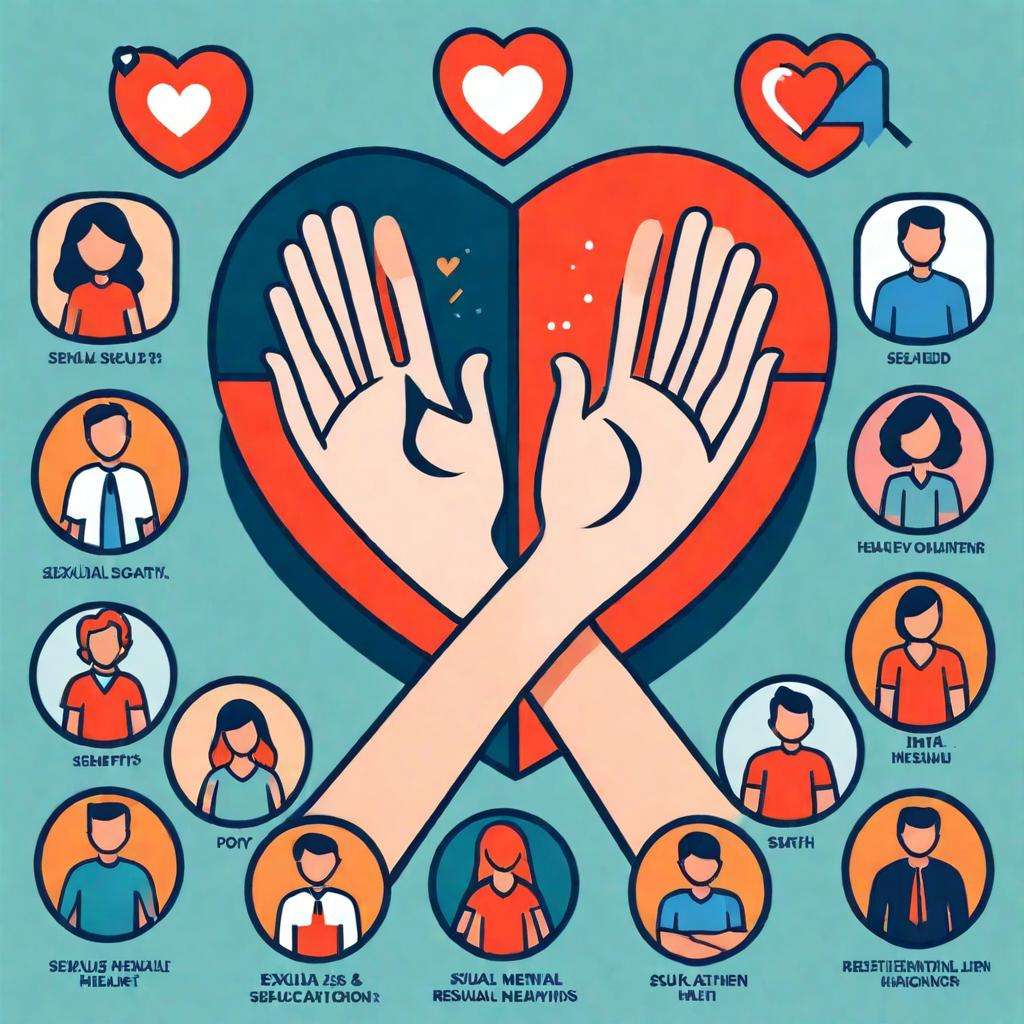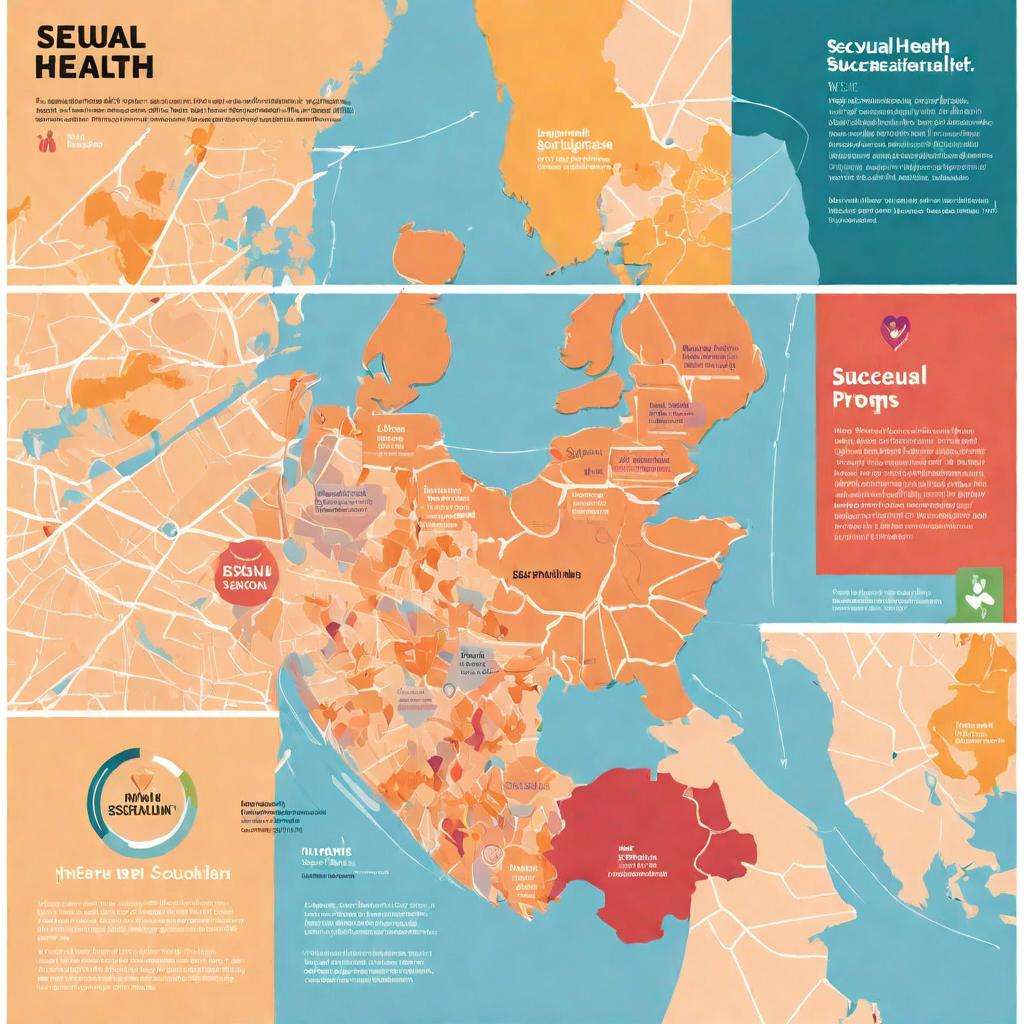Introduction

Sexual health is a fundamental aspect of overall well-being that encompasses physical, emotional, mental, and social dimensions. It involves more than just the absence of disease or dysfunction; it includes the ability to have fulfilling and safe sexual experiences, free of coercion, discrimination, and violence. Effective sexual health education and prevention programs are crucial in promoting healthier communities. This blog explores the importance of understanding sexual health and how comprehensive prevention programs can make a significant difference.
The Importance of Sexual Health Education

Comprehensive sexual health education is vital for individuals of all ages. It equips people with the knowledge and skills they need to make informed decisions about their sexual health. Effective education programs can lead to numerous benefits, including:
- Reduced Rates of Sexually Transmitted Infections (STIs) and Unintended Pregnancies: Educating people about safe sex practices, contraception, and STI prevention can significantly lower the incidence of these issues.
- Improved Mental and Emotional Health: Understanding sexual health helps individuals navigate their relationships and sexual experiences more confidently, reducing anxiety and promoting mental well-being.
- Enhanced Quality of Relationships: Educating young people about consent, communication, and respect fosters healthier interpersonal relationships.
Components of Effective Sexual Health Programs
To create impactful sexual health education and prevention programs, several key components must be considered:
- Evidence-Based Curriculum: Programs should be grounded in scientific research and best practices. They should provide accurate information about human anatomy, reproduction, contraception, and STIs.
- Inclusivity and Cultural Sensitivity: Programs must be inclusive of all genders, sexual orientations, and cultural backgrounds. Tailoring content to meet the diverse needs of different populations ensures that everyone benefits.
- Accessibility and Confidentiality: Making resources available to everyone, including those in rural or underserved areas, is crucial. Ensuring confidentiality encourages individuals to seek the help and information they need without fear of judgment.
Challenges in Sexual Health Education
Despite the clear benefits, sexual health education faces several challenges:
- Stigma and Cultural Barriers: In many cultures, discussing sexual health openly is taboo, leading to misinformation and a lack of education.
- Misinformation and Myths: Myths about sexual health can spread easily, particularly online, making it harder for people to find and trust accurate information.
- Policy and Funding Constraints: Political and financial support for sexual health education varies widely, affecting the quality and reach of programs.
Successful Models of Sexual Health Programs

Several programs around the world have demonstrated success in promoting sexual health. For example:
- The Netherlands: Known for its comprehensive sex education, the Netherlands has one of the lowest rates of teenage pregnancies and STIs in the world. Their approach includes open communication and education starting at a young age.
- Scotland’s Relationship, Sexual Health and Parenthood (RSHP) Education: This program emphasizes respect, consent, and healthy relationships, contributing to improved sexual health outcomes among young people.
Key elements of their success include starting education early, involving parents and communities, and maintaining a non-judgmental approach.
The Role of Technology in Sexual Health Education
Technology plays an increasingly important role in sexual health education. Digital tools and online resources can:
- Expand Reach: Online platforms can deliver education to people who might not have access to traditional programs, such as those in remote areas.
- Provide Anonymity: Digital resources allow individuals to seek information and support anonymously, which can be crucial for those concerned about privacy.
- Enhance Engagement: Interactive tools, apps, and social media can make learning about sexual health more engaging and accessible.
Conclusion
Understanding sexual health is essential for individual well-being and public health. Effective prevention programs that include comprehensive education, inclusivity, and the use of technology can significantly improve sexual health outcomes. Addressing the challenges and learning from successful models can help create better programs that benefit everyone.
By addressing sexual health with sensitivity and evidence-based information, we can create a positive impact on public health and foster healthier, more informed communities.

